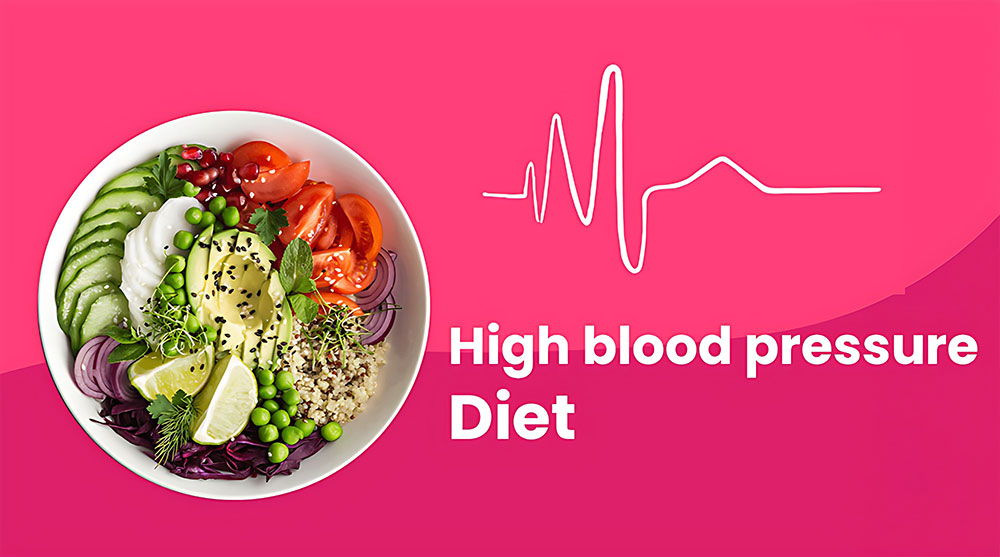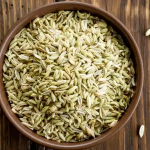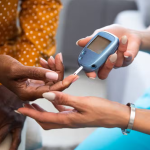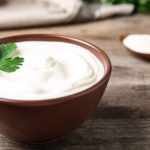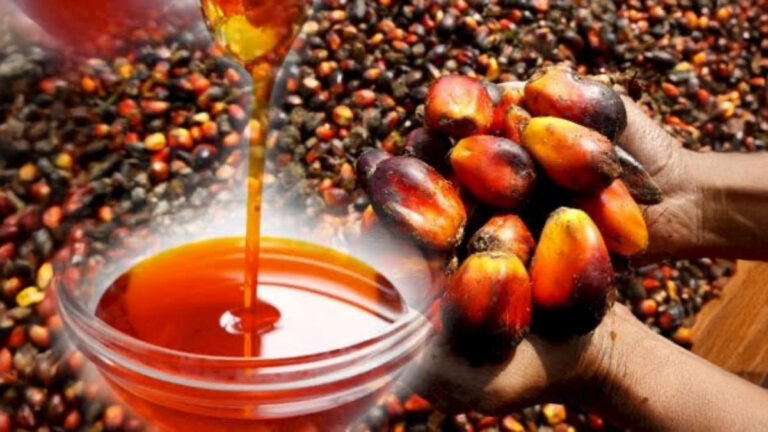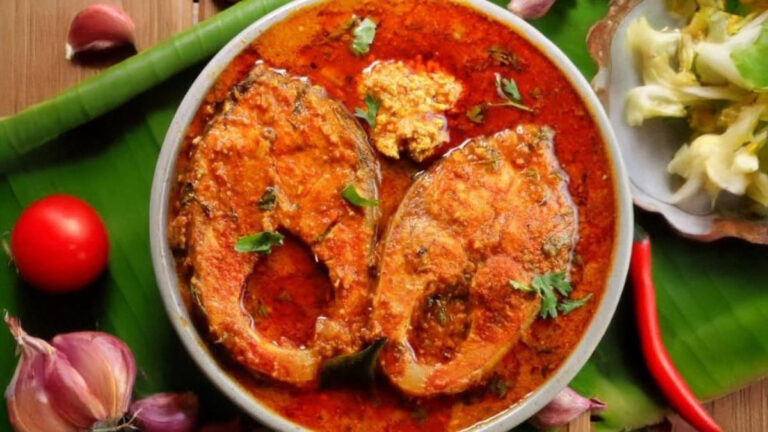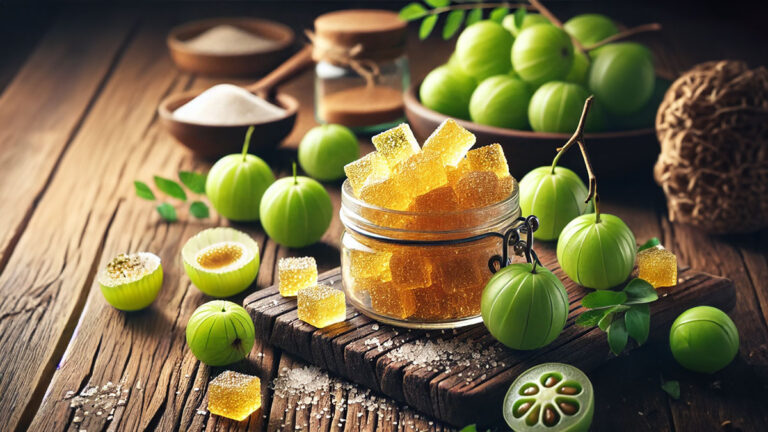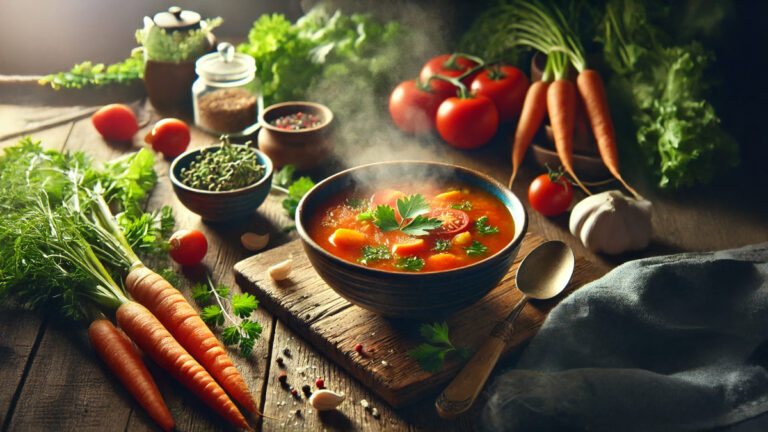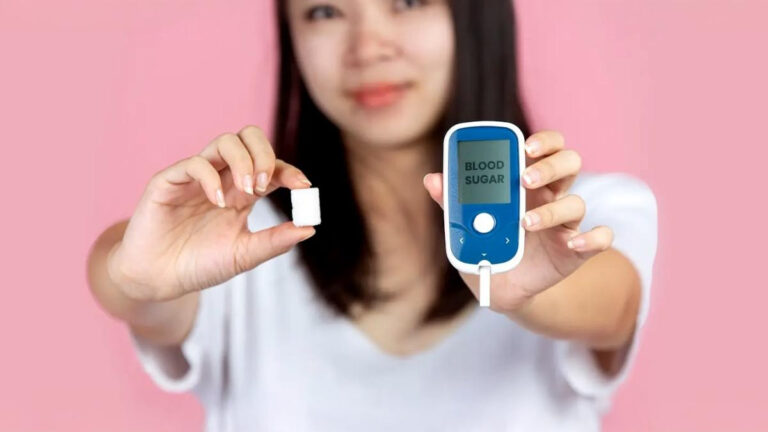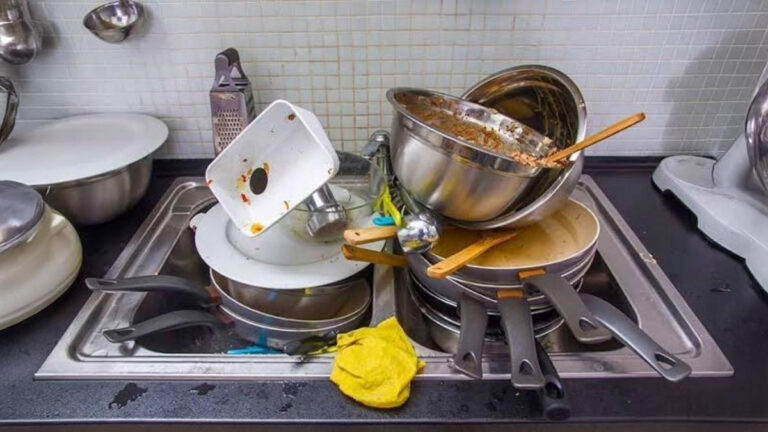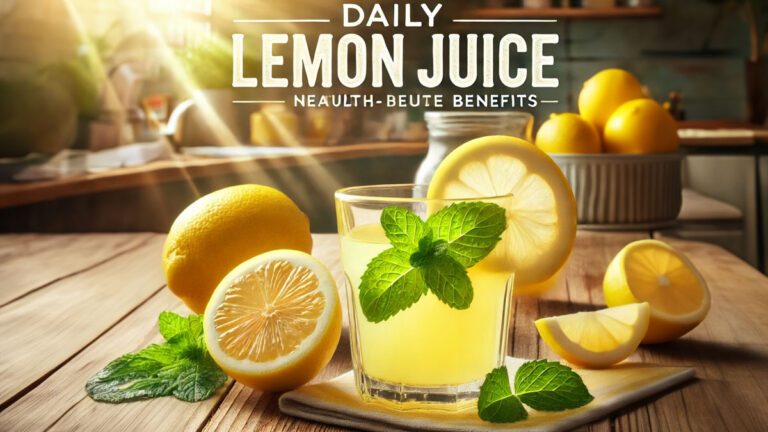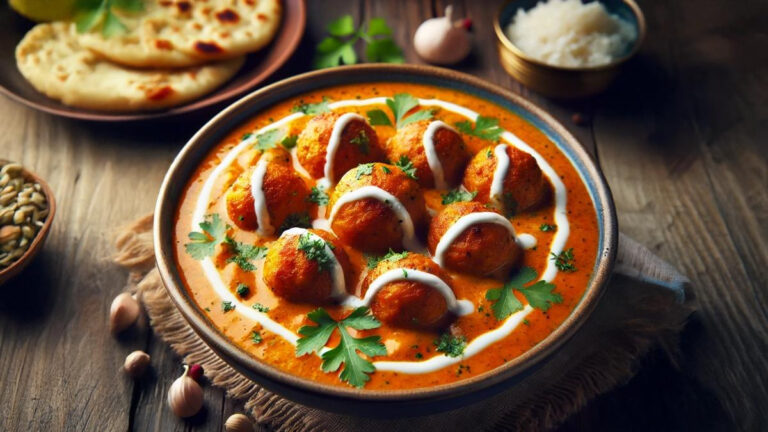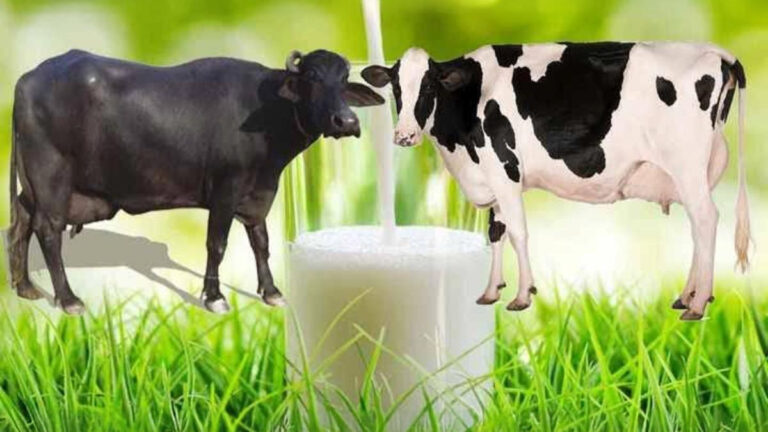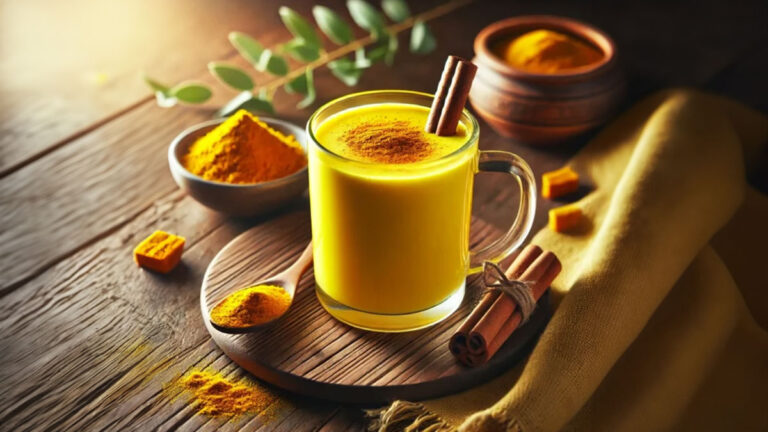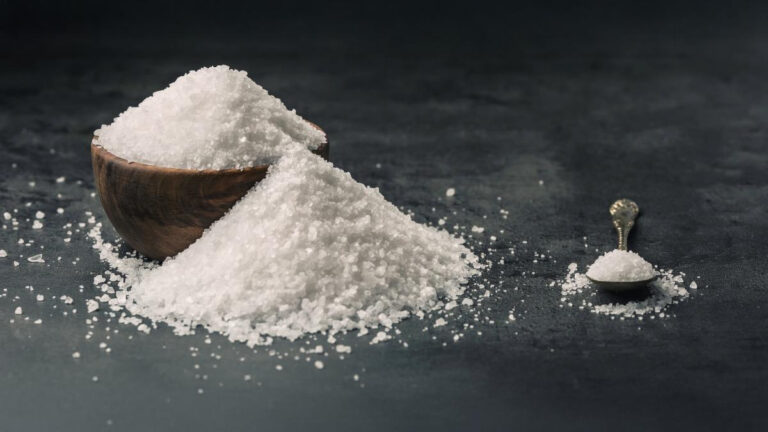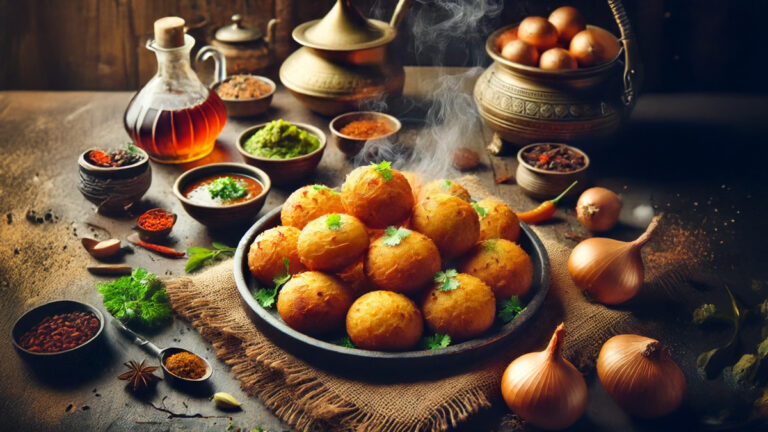High blood pressure acts like a silent killer. Its symptoms are not visible directly. However, due to this, the risk of heart attack and stroke increases. Therefore, to control it, one should know what food items high blood pressure patients should avoid as part of a High Blood Pressure Diet. Let’s find out.
In high blood pressure, the BP is 140/90 mmHg or more. To control high blood pressure, one must take care of diet.
High Blood Pressure Diet: High blood pressure, also known as hypertension, is a condition where blood exerts excessive pressure on the arteries. This condition can lead to serious health problems, such as heart attack, stroke, and kidney disease. Therefore, managing a High Blood Pressure Diet is crucial for overall health.
It can be controlled with the help of the right lifestyle and diet. Here, we will discuss foods to avoid in a High Blood Pressure Diet, which patients should completely exclude. Let’s explore what those foods are.
High Blood Pressure Diet: 10 Foods to Avoid for Better Management
If you have high blood pressure, being mindful of your diet is essential. Here are 10 foods and substances that high blood pressure patients should avoid to help manage their condition effectively.
1. High Blood Pressure Diet and Salt: A Dangerous Duo
Salt is a leading cause of increased blood pressure. High sodium intake retains water in the body, leading to higher blood pressure levels. Avoid processed and canned foods that typically contain excess salt.
2. Saturated Fat in Your High Blood Pressure Diet: Limit Your Intake
Patients should be cautious of saturated fats, which can elevate bad cholesterol levels, hardening arteries and contributing to higher blood pressure. Limit foods like red meat, cheese, and butter.
3. Trans Fat: A Risk in the High Blood Pressure Diet
Trans fats are detrimental for those with high blood pressure. They increase bad cholesterol and decrease good cholesterol, worsening cardiovascular health. Stay away from fried foods and many baked goods.
4. Sugar: The Sweet Saboteur of Your High Blood Pressure Diet
Excessive sugar intake can lead to weight gain, a significant factor in raising blood pressure. High blood pressure patients should avoid sugary drinks, candies, and pastries.
5. Alcohol: Proceed with Caution in Your High Blood Pressure Diet
Alcohol can cause temporary increases in blood pressure. Heavy drinking can lead to sustained high blood pressure levels, making it essential to limit alcohol consumption.
6. Caffeine and Your High Blood Pressure Diet
Caffeine can cause slight increases in blood pressure, but most people won’t experience severe spikes. If you’re sensitive, consider limiting caffeinated beverages to manage your blood pressure.
7. High Blood Pressure Diet and Processed Foods: Avoid These
Processed foods often contain high levels of salt and unhealthy fats. Read labels carefully and choose fresh, whole foods to keep your blood pressure in check.
8. Deli Meats: A Hidden Source of Sodium in Your High Blood Pressure Diet
Deli meats can be high in sodium and preservatives, harmful to high blood pressure patients. Opt for low-sodium options or prepare fresh meats at home.
9. Pickles and Olives: Beware of Sodium Levels in Your High Blood Pressure Diet
Pickles and olives are often high in salt due to the brining process. While they can add flavor, they should be consumed sparingly if you’re managing high blood pressure.
10. Snack Foods: The Salt and Sugar Trap in Your High Blood Pressure Diet
Many snack foods, such as chips and commercial popcorn, are loaded with salt and unhealthy fats. Choose healthier snacks like fruits, vegetables, or nuts to support your blood pressure goals.
What Should High Blood Pressure Patients Eat?
Maintaining a healthy High Blood Pressure Diet is crucial for managing high blood pressure. Here are 14 foods that can help:
- Fruits and Vegetables: Rich in potassium, magnesium, and fiber, they contribute to lower blood pressure.
- Pulses and Beans: Excellent sources of potassium and fiber, aiding in blood pressure regulation.
- Whole Grains: Foods like oats, brown rice, and quinoa are high in fiber and promote heart health.
- Nuts and Seeds: Almonds, walnuts, and flaxseeds contain magnesium and healthy fats beneficial for blood pressure.
- Fatty Fish: Salmon, mackerel, and sardines are high in omega-3 fatty acids that lower blood pressure.
- Berries: Blueberries and strawberries are rich in antioxidants and nutrients that can help manage blood pressure.
- Beets: High in nitrates, they relax blood vessels and improve blood flow.
- Sweet Potatoes: Rich in potassium and fiber, they help manage blood pressure.
- Dark Chocolate: In moderation, dark chocolate with 70% cocoa or higher can help lower blood pressure.
- Avocados: High in potassium and healthy fats, they help regulate blood pressure.
- Spinach: Loaded with potassium and nitrates, aiding in blood vessel relaxation.
- Garlic: Promotes nitric oxide production, helping relax blood vessels and lower blood pressure.
- Olive Oil: Rich in healthy fats and antioxidants, it reduces inflammation and lowers blood pressure.
- Greek Yogurt: Low-fat Greek yogurt is rich in calcium and potassium, essential for maintaining healthy blood pressure levels.
Additional Tips for Managing High Blood Pressure
- Lose weight: If you are overweight, losing weight can significantly reduce blood pressure.
- Exercise regularly: Regular exercise helps lower blood pressure.
- Manage stress: Stress can increase blood pressure, so practicing stress management techniques like yoga and meditation is beneficial.
- Quit smoking: Smoking raises blood pressure, and quitting is vital for overall health.
(Disclaimer: The information given here is based on general information. Before adopting it, definitely take medical advice. THE MONK does not confirm this.)

